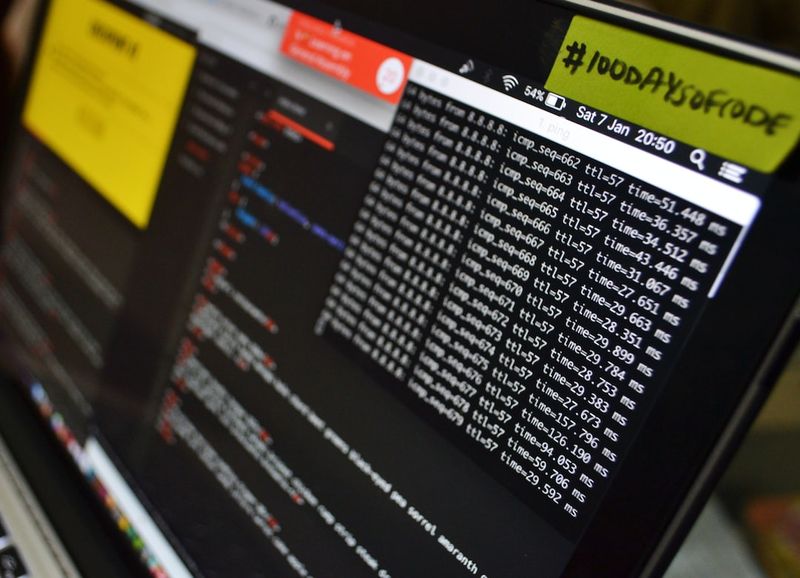The Threat of UNC4841 and the Whirlpool Backdoor
The US Cybersecurity and Infrastructure Security Agency (CISA) recently issued a warning about advanced persistent threat (APT) attacks conducted by China-based UNC4841. These attacks have been targeting a command-injection vulnerability in Barracuda’s Email Security Gateway (ESG) appliances and have affected organizations across multiple industries in as many as 16 countries.
A Prolonged Cyber Espionage Campaign
UNC4841’s cyber espionage campaign, which dates back to at least October last year, has been both aggressive and persistent. Barracuda first reported on the attacks in May after discovering the group’s exploitation of a zero-day vulnerability in versions 5.1.3.011 to 9.2.0.006 of Barracuda ESG appliances. This vulnerability, known as CVE-2023-2868, allowed UNC4841 to gain initial access to targeted systems.
Although Barracuda swiftly released a patch for the vulnerability, UNC4841 took measures to maintain a long-term presence on compromised systems, prompting the company to recommend replacing infected systems rather than patching them to ensure security. Unfortunately, even with these efforts, the attacks continue to persist.
Whirlpool Backdoor and UNC4841’s Tactics
In their latest alert, CISA identified a backdoor called “Whirlpool” that UNC4841 has been deploying in its cyber espionage campaign. Whirlpool establishes a Transport Layer Security (TLS) reverse shell, enabling the threat actors to have control over compromised systems. The use of encrypted traffic and blending it with normal HTTPS traffic makes detection of this malicious activity challenging.
Whirlpool is just one of several backdoors utilized by UNC4841. Google’s Mandiant security group, which investigated the ongoing ESG attacks at Barracuda’s request, initially reported on Whirlpool in June. Mandiant also discovered two other backdoors, named “Seaspray” and “Saltwater.” Seaspray is UNC4841’s primary backdoor for the campaign, while Saltwater is a module for Barracuda’s SMTP daemon that incorporates backdoor functionality.
Austin Larsen, a senior incident response consultant with Mandiant, explains that Whirlpool is different from the other backdoors used by UNC4841 in that it provides reverse shell capabilities for other malware families, such as Seaspray. Whirlpool is a C-based utility that can accept a file path or an IP address and port as command-line arguments.
The Significance of the UNC4841 Campaign
The UNC4841 cyber espionage campaign highlights the evolving threats faced by organizations and the challenges of defending against advanced persistent threats. This campaign, targeting Barracuda’s ESG appliances, demonstrates the vulnerabilities that exist within critical infrastructure and the potential for severe consequences if exploited.
The Need for Stronger Cybersecurity Measures
This ongoing campaign raises questions about the security measures in place within organizations. While prompt patching of vulnerabilities is crucial, UNC4841 has shown the ability to maintain access on compromised systems even after patches are applied. This highlights the need for organizations to adopt a multi-layered and proactive approach to cybersecurity.
It is essential for organizations to invest in advanced intrusion detection systems that can identify and respond to abnormal activities in encrypted traffic. Additionally, regular monitoring and analysis of network traffic can help identify any attempts at maintaining persistent access by threat actors.
The Role of Government Agencies in Cybersecurity
Government agencies like CISA play a vital role in raising awareness and providing guidance to organizations facing cyber threats. Their alerts and reports help organizations understand the nature of the threats they are up against and take appropriate steps to defend their networks. However, it is imperative for organizations to proactively monitor and secure their systems rather than relying solely on government recommendations.
Looking Ahead
The UNC4841 campaign serves as a reminder that cyber threats are ongoing, evolving, and can have serious consequences. As technology continues to advance, it becomes increasingly important for organizations to prioritize cybersecurity and implement robust measures to protect their systems and data.
While attacks like these are concerning, they also present an opportunity for organizations to assess and improve their security posture. By investing in comprehensive cybersecurity strategies, organizations can minimize the risk of falling victim to such advanced threats.
Ultimately, cybersecurity is a collective effort that requires collaboration between organizations, government agencies, and technology vendors. Only through a unified approach can we effectively combat the evolving landscape of cyber threats.

<< photo by Lewis Kang’ethe Ngugi >>
The image is for illustrative purposes only and does not depict the actual situation.
You might want to read !
- Freezing Out Risk: Expert Advice to Safeguard Against Thermal Attacks
- Check Point Secures the Future: Acquires Perimeter 81, a SASE Security Firm for $490 Million
- EvilProxy Cyberattack: When Executives Become Targets in the Microsoft 365 Flood
- Freeze[.]rs Injector Weaponized for XWorm Malware Attacks: A Dangerous New Attack Alert
- The Growing Threat: Exploiting Microsoft Cross-Tenant Synchronization
- China’s Cyber Offensives: A Global Wave of Hacks Reveal Ongoing Threat
- The Rise of the MoustachedBouncer: APT Spies Target Embassies and ISPs
- Cyber Intrusion: Pro-Russian Hackers Penetrate Foreign Embassies in Belarus
- Uncovering Security Weaknesses: Introducing the Innovative LLM Tool
- Dell Credential Vulnerability Puts VMware Environments at Risk
- The Growing Urgency for Cyber Insurance: Experts Advocate for Comprehensive Coverage




